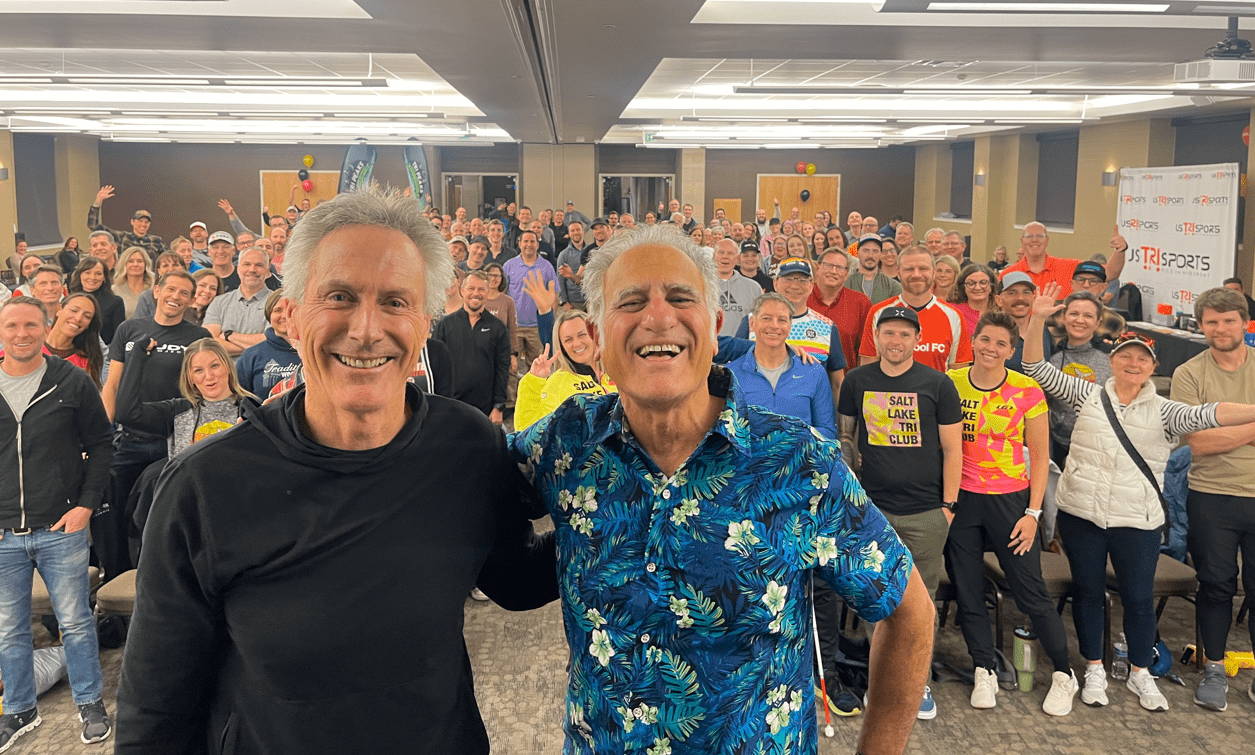With the permission of Inside Tracker I wanted to re-post this article they wrote on Caffeine.
How does caffeine affect your workout?
By Perrin Braun Mar 20, 2013
Many athletes believe that caffeine helps them feel more energetic during a workout and gives them an extra edge during competitions. But what does caffeine really do, and do the downsides of caffeine outweigh its benefits?
What is caffeine?
Caffeine is a plant product that may be one of the most widely used stimulants in the world. The average caffeine consumption for Americans is about 2 cups of coffee per day, but you can also find caffeine in tea, chocolate, cocoa, energy drinks, and soda. Caffeine is often referred to as a nutritional ergogenic aid (meaning that it can enhance physical performance), but it has no nutritional value by itself. Your InsideTracker plan will give you recommendations for optimizing your nutrition to improve your athletic performance. Read on to find out how caffeine affects you.
Find out how InsideTracker can recommend high-energy foods that will boost your physical performance!
How does caffeine affect your body?
Here’s how it works: after you consume caffeine, it is quickly absorbed from the stomach and peaks in your bloodstream in about 1-2 hours. Since most of your bodily tissues absorb caffeine, it can affect your entire body. Any caffeine that lingers in your bloodstream goes to the liver to be broken down and excreted in urine.
How does caffeine affect endurance?
When you exercise, your body uses glycogen, a type of sugar that you get from food, for energy. But once those stores are depleted at the end of a long workout, you may feel tired or sluggish—signs that you have “hit the wall.” Caffeine slows the depletion of glycogen by encouraging the body to use more fat as fuel, which helps to conserve energy over long periods of time.
For this reason sports that deplete a lot of glycogen, specifically endurance events, benefit the most from caffeine consumption. Activities lasting longer than an hour with sustained effort, such as running, cycling, and cross-country skiing, all benefit from caffeine supplementation by allowing athletes to increase their endurance, accuracy, and speed. Conversely, caffeine provides no tangible benefits for strength and power activities, such as weight-lifting.
How does caffeine affect cognitive function?
Since caffeine enters almost all bodily tissues, it affects your nervous system and your brain. Caffeine acts as a stimulant and wakes you up, which means that when you consume it, you will feel more alert and react faster.
Drinking caffeine prior to physical exertion might actually help reduce the perception of pain. According to a study published by the department of kinesiology at the University of Illinois, people who drank caffeine experienced less anxiety associated with strenuous exercise, which may account for their lower perception of pain. For example, if you’ve ever felt your muscles burn during intense exercise, consuming caffeine before you start your workout may dull this sensation.
How does caffeine affect hydration?
To maintain peak performance, you have to stay hydrated. Water regulates your body temperature, lubricates your joints, and transports nutrients throughout your body. Staying hydrated is particularly important during exercise because you lose water through sweat. The longer and more intensely you work out, the more necessary it becomes to get fluid into your body. When you don’t replenish your fluids, it becomes harder for your heart to circulate blood. A decrease in blood and plasma volume can contribute to muscle cramps, dizziness, fatigue, heat stroke, and heat exhaustion.
We’ve all heard the warning that caffeine has a diuretic effect and dehydrates you. However, research shows that this widely-held assumption is actually not true unless you consume a large amount of caffeine. Caffeine does not dehydrate you unless you drink more than 500-600 milligrams (the equivalent of 5-7 cups of coffee) per day. Below this level, your body does not lose any more fluid than the beverage itself provides. For comparison, an 8-ounce cup of coffee has about 100 milligrams of caffeine, and an energy drink can have as much as 242 milligrams per serving (though caffeine content varies between energy drink varieties). While caffeine may cause a little more fluid to be excreted as urine in a 24-hour period when compared to plain water, this effect is fairly mild and does not affect hydration. For anyone who loves coffee, the good news is that caffeinated beverages actually provide a sufficient amount of fluid for rehydration, even among people who exercise regularly in hot, humid conditions.
Although caffeine does not appear to have a significant impact on hydration, it can have other effects on your kidneys. One particular study has shown that caffeine can cause increased excretion of sodium from your body, but this usually does not cause problems in normal, healthy adults. However, the salt balance in your body can affect certain medications, so talk to your doctor if you have any questions about any medications that you are taking.
Are there any side effects of caffeine?
The majority of the studies done on caffeine suggest that people can safely consume up to 3-4 cups of coffee per day. Other caffeinated beverages, such as tea, appear to provide some benefits to your health. However, the key with caffeine is to consume it in moderation. People who drink caffeine in excess (more than 300 milligrams or four cups of brewed coffee per day) report feeling jittery and anxious, and may feel stomach pain and heart palpitations. Keep in mind that one cup of coffee is about eight ounces, so if you tend to order a large coffee (which can range anywhere from 24-32 ounces), remember to count that as the appropriate amount of servings!
For some people, caffeine can have a profound effect on sleep, even if they consume it many hours before going to bed. However, conflicting research shows that caffeine will not measurably effect sleep duration in most healthy adults. Basically, if you have trouble sleeping, avoiding caffeine may be one way to help manage this problem.
Caffeine can have some serious downsides for certain groups of people who are more susceptible to its effects. The elderly, children and teens, pregnant women, those with high blood pressure, anxiety, or heart disease should avoid caffeine completely. If you’re concerned about how caffeine may affect your health, you should speak with your doctor.
Can coffee make me gain weight?
A plain cup of black coffee has only about two calories and no fat. Since plain coffee does not contain enough calories to provide energy for your body’s cells, it should not cause weight gain. However, once you start adding milk, cream, sugar, or other flavorings, the calories can begin to add up. For example, one tablespoon of cream can add about 50 calories to your beverage, whereas an equivalent of half-and-half contains 20 calories, and skim milk might contain only 5 calories. Some popular coffee drinks are as sweet as desserts and can contain hundreds of calories! Many brands of energy drinks deliver their jolt in the form of caffeine and sugar, so make sure to check the nutrition label on your drink to figure out if your form of caffeine is also going to help you pack on the pounds. When it comes to weight gain, all calories count—even the liquid ones—so watch what you’re adding to your drink! If you are trying to lose weight, remember that InsideTracker can suggest healthy foods that will provide the nutrients your body needs while keeping your calorie count low.
While caffeine does have a performance-enhancing effect for some athletes, be careful how you use it! The effects of caffeine can vary from person to person, so make sure that you know how your body is going to respond before chugging coffee right before an important competition. Otherwise, enjoy your cup of Joe!




